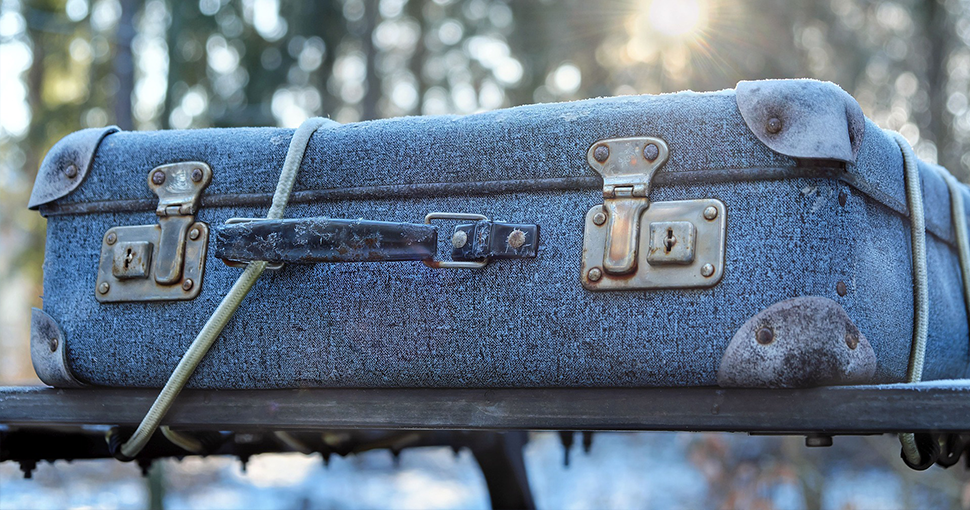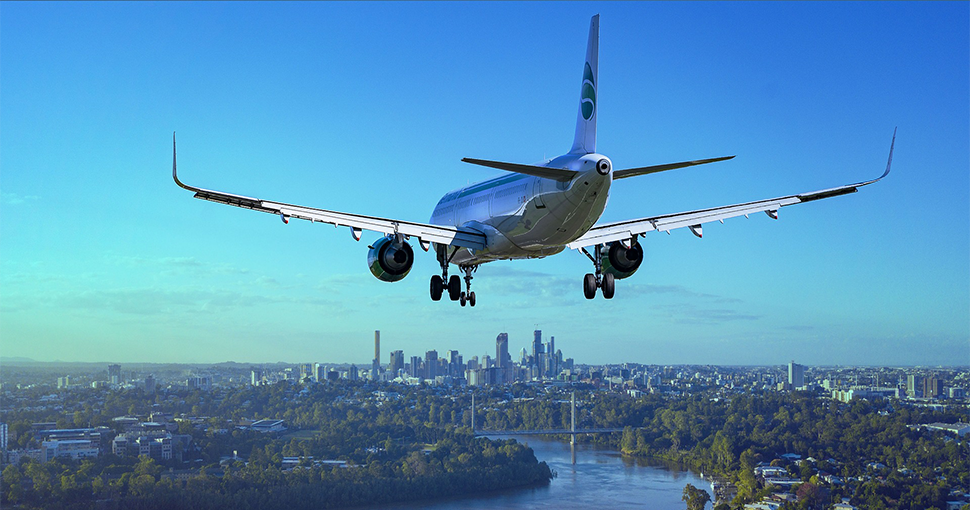Things to do (to know) before traveling
sjs_adm
19 de May

PRE-DEPARTURE TIPS: WHAT TO CONSIDER BEFORE YOU TRAVEL
1. Is your Passport up to date?
If you’re busy planning your next exciting adventure, get your passport out of the cupboard and check its validity.
Why?
Because it will need to be valid for at least 6 months after your arrival in your chosen destination.
You don’t want to be stranded at your destination unable to enter because you forgot to check. If it’s close to expiry, apply for it to be renewed as soon as possible to save any stress!
This generally take 2-4 weeks.
2. Do you need Visas?
That epic trip you’re planning… do you know if you need a visa/s? Probably! Although most popular tourist destinations offer e-visas or visas on arrival, some must be organized ahead of your departure through your local consulate.
It pays to check regardless as it will be a devastating flight home if you’re denied entry.
Australians can check the visa requirements of individual countries here.
3. Driving overseas? You’ll need a license
Planning an epic road trip through Africa? Driving through Big Sur in America? Hiring a car for a few days in Europe?
Whether your country of origin’s driver’s license will be valid varies across different countries and regions, so your safest bet is to organize a valid international driving permit (IDP).
These can be obtained through relevant authorities in your own country, but for those in Australia, click here.
4. Currency or travel card?
Back in the old days of travel you needed cash or travelers cheques to fund your adventures. Those days are gone, thanks to the advent of ATMs, credit cards, and travel cards. Now, you can access your money basically anywhere in the world (save for a few African towns, which we found out the hard way in 2014).
Our tip? Organize a travel bank card through your local bank.
Not only do they add an extra layer of security, you can easily load currency (you can choose up to 10) onto your travel card and use it as a credit, debit or bank card. You won’t be charged fees for transferring or withdrawing from your normal accounts.
When arriving into a destination, especially one off the usual tourist trail, withdraw cash (we recommend at least $100 worth) from the first ATM or bank you see. That way, you can pay for any upfront costs (taxi, accommodation) without any worries.
We do suggest carrying American dollars in a secret location, usually sewn into your bags, just in case. You just never know when they might come in handy.
6. Hope for the best, plan for the worst
99% of the time, you head off on your adventure, everything goes to plan (minus a bout or two of mild food poisoning), and you get home with some awesome stories to tell. Sometimes though, things don’t go to plan (we can vouch for this!).
When this happens, things can quickly go from bad to worse as you battle language barriers, unfamiliar illnesses and differences in medical treatments, being stranded without your possessions (or having them lifted from you!), or worst case – being caught in the midst of a natural disaster or another such event.
This is where travel insurance comes in. Never, ever leave without organizing appropriate cover for yourself. Whatever it costs you before you leave is nothing compared to the price you and your dream holiday will pay if it all goes south. Be safe, and you won’t have to be sorry down the track. Now go and book some!
7. Learn about where you’re going
Before you arrive into a destination, do some research. Learn a few key phrases in the language, understand and respect any cultural differences (ladies: trade your short shorts for a maxi or loose pants when visiting any temples!), and most importantly, embrace the differences.
You’ll be blown away by the hospitality of locals if you just put in a little effort!
8. Register your travel plans
We hate to sound like your parents here, but you should also register your plans with your respective foreign office (the Australian Smart Traveler website for those Aussies playing along), and leave a general itinerary with someone at home.
If you need embassy help (or the embassy in the country you’re visiting needs to contact you in an emergency) this is the easiest way for them to be able to track you down. Your foreign office’s websites are also generally full of important and relevant information for any type of traveler.
Even if your plans are pretty vague it’s also good to leave a general itinerary of your trip with someone at home just in case.
Appointment request
For further information about our services, please contact us for a free and accurate consultation.

